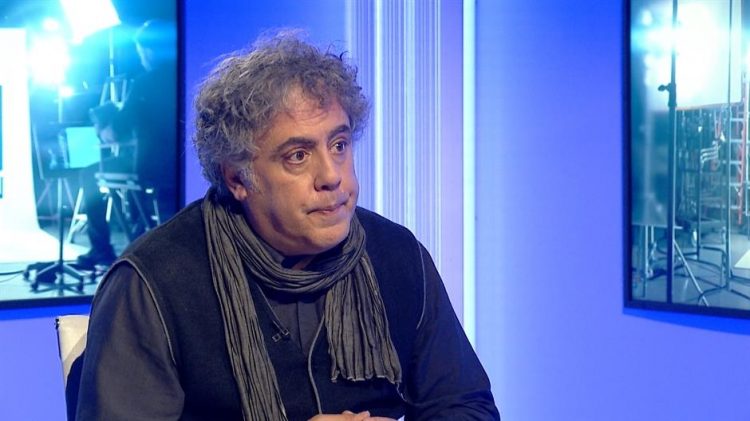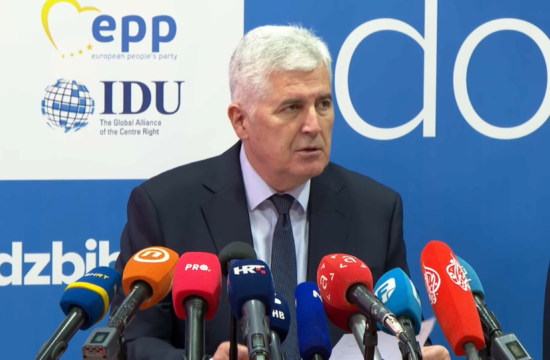
World-renown photographer and war photojournalist who covered 25 conflicts, reported, among other things, on the wars in the Balkans from the 1990s, Ron Haviv, told N1 that the main difference between the wars in Croatia and Bosnia in the 1990s and the one in Ukraine is that the world is paying attention now and that there is no arms embargo.
“Diplomatic the activity has been going on for some time. In terms of similarity, the resilience of Ukrainians is similar to that of Croats and Bosniaks who fought to protect what they thought was right. We hope that this conflict will not last that long, but we will see if the world will continue to pay attention,” Haviv told N1.
Speaking about the scenes he witnessed in Ukraine, he said: “I watched the destruction of people's lives, ethnic cleansing, documenting those situations when people leave with bags in their hands, children, pets, it's very tragic. In the last few days, I have seen what happened to people who did not leave Buca and Irpin, I have seen these war crimes and atrocities. I thought I wouldn't photograph it again.”
Haviv believes the next phase of the war will be particularly brutal and cruel to civilians.
Comparing his work on both sides – from the 1990s and now he said:
“At the beginning of the war in BiH and Croatia, it was possible to access the Serb side, but that changed when they thought we were anti-Serb. There is no access to the Russian side if you are not a Russian journalist. Six journalists have been killed so far. I don't think there is any protection for journalists or civilians,” he said.
Asked about his motive for recording war casualties, Haviv said: “I think my work has an impact, we want to document and hold people accountable. During my work in BiH, it was used at the International Criminal Tribunal to file charges and it is a great thing in the long run, and in the short term people get tired of the war and our task as journalists is to remind people and governments that the war continues and that there are promises to the Ukrainian people.”
“These people are victims, and the question is whether we work for individuals or the common good. I believe it’s for the greater good and that these photos should be shown, but not the ones that degrade people. It is up to us as documentarians to find photos that will arouse emotions so that the viewer can learn something, do something… Photography can do that, and it can also protect the dignity of the person you are photographing,” he added.





Kakvo je tvoje mišljenje o ovome?
Budi prvi koji će ostaviti komentar!